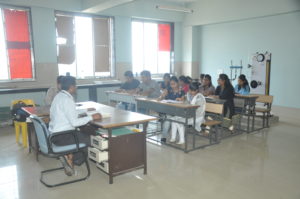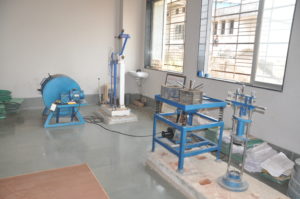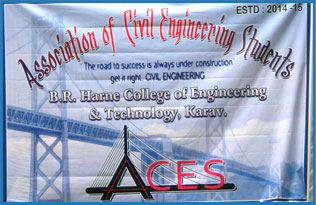DEGREE IN CIVIL ENGINEERING
VISION
- To achieve excellence in technology and innovation in ethical way to lead and serve the nation
MISSION
- The department is committed to develop competent professionals by offering need based curriculum in Civil Engineering areas.
- To make the department a centre of excellence in the field of civil engineering.
- To provide knowledge and consultancy services to the community in all areas of civil engineering.
- To impart knowledge which emphasizes on the development of leadership qualities in students.
- To encourage students to pursue higher education and take competitive exams and various career enhancing courses.
- To enhance Industry-Institute-Interaction activities and continuously upgrade the physical and laboratory infrastructure
PROGRAM EDUCATIONAL OBJECTIVES
- To work for social needs, excel in professional career and higher education by acquiring sound supporting knowledge of science, computing and engineering fundamental
- To educate and encourage the ability of logical thinking in various specialized areas of Civil Engineering
- To produce professionals with communication skills and spirit of team work having ethical and social commitment and also an ability of lifelong learning
PROGRAM OUTCOMES
- Engineering knowledge:- Apply the knowledge of engineering to solve problems related to buildings, bridges, dams, roads, water supply etc.
- Problem analysis:- Identify engineering problems using principles of mathematics and engineering sciences.
- Design/development of solutions:-Design solutions for engineering problems that meet the specified needs.
- Conduct investigations of complex problems:- Use research methods and analysis to investigate the problems related to Civil Engineering.
- The engineer and society:-Engineering turns science and technology into something tangible and useful to society. It is applied in creating various structures and infrastructures which make human lives safe and convenient.
- Environment and sustainability:- Understand the impact of the Civil Engineering solutions in societal and environmental contexts, and demonstrate the knowledge need for sustainable development.
- Modern tool usage:- Apply appropriate techniques to complex engineering activities with an understanding of its limitations.
- Ethics:- Apply ethical principles and commit to professional ethics and responsibilities and norms of the engineering practice
- Individual and team work:- To do work individually or with the team effectively to accomplish the appropriate result/goal.
- Communication:- Communicate with team on various problems as well as their solutions regarding the engineering problems to find effective solutions from large views.
- Project management and finance:- To gain knowledge and to understand the management principles and apply these to our own work.
- Life-long learning:- Life-long learning of engineering skills and to utilize it in proper manner.
PROGRAM SPECIFIC OUTCOMES
- Graduates will be able to apply technical skills and modern engineering tools for civil engineering day to day practice.
- Graduates will be able to participate in critical thinking and problem solving of civil engineering field that requires analytical and design requirements.
- Graduates will be able to pursue of lifelong learning and professional development to face the challenging and emerging needs of our society.
About us
Civil engineering is one of the oldest of the engineering professions. Civil engineers are responsible for building good quality infrastructure/systems. A civil engineer is concerned with determining the right design for these structures and looking after the construction process so that the longevity of these structures is guaranteed after completion. These structures should also be satisfactory for the public in terms of comfort.
Civil engineers are also concerned with applications of various methods to purify the contaminated air, water and soil. Another very important aspect of civil engineering is disaster management. To minimize the loss of life during disaster such as earthquake/fire/tsunami etc. it is necessary to provide good control systems and install quick exit points in the buildings which is going to be designed.
As our course of civil engineering look towards the future – the world of ever-taller high rise skyscrapers and mega-cities, we need to upgrade our education from memory-based to skill- based level. To keep up with ever-increasing number of engineers, the quality of output must ensure safety as well as economy.
Lab Details
| Sr. No. | Name of Laboratory | Practical’s related subject | Class Branch – Sem | Name of Instruments/ Experiment Setup | Lab Pics |
| 1. | STRENGTH OF MATERIAL | Strength Of Material | SE Civil – III |
| 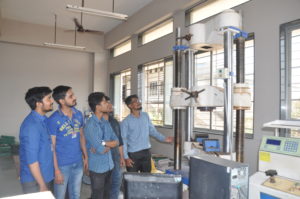 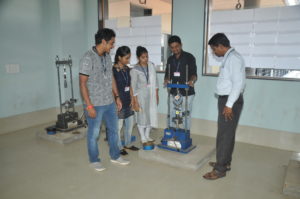 |
| Building Material And Construction Techniques | SE Civil – IV |
| 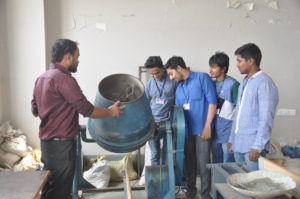 | ||
| 2. | GEO-TECHNOLOGY | Geotechnical Engineering – I | TE Civil – V |
|
|
| Geotechnical Engineering – II | TE Civil – VI |
| 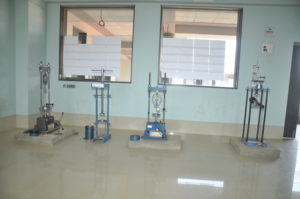 | ||
| 3. | SURVEYING | Surveying – I | SE Civil – III |
| 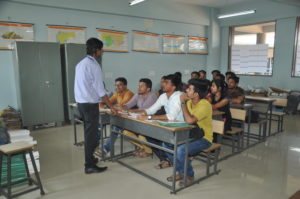 |
| Surveying – II | SE Civil – IV |
| 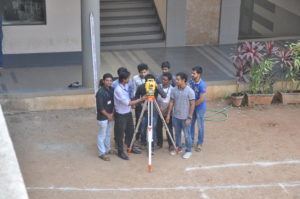 | ||
| 4 | TRANSPORTATION ENGINEERING | Transportation Engineering – II | TE Civil – VI |
| 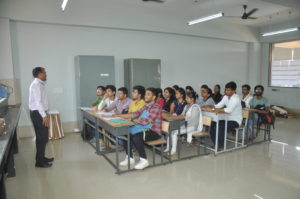 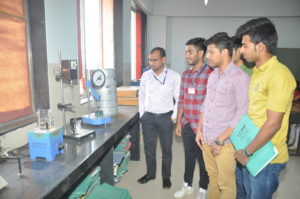 |
| 5. | ENVIRONMENTAL ENGINEERING | Environmental Engineering – I | TE Civil – VI |
| 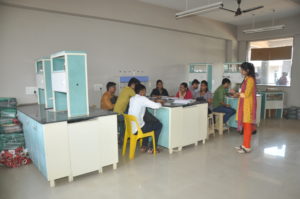 |
| Environmental Engineering – II | BE Civil – VII |
| 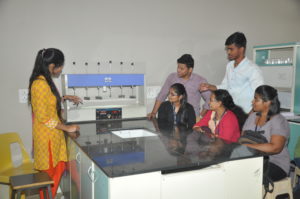 | ||
| 6. | APPLIED HYDRAULICS | Applied Hydraulics – I | TE Civil – V |
| 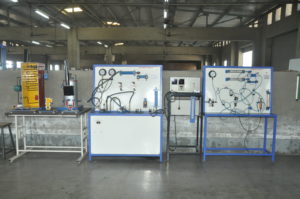 |
| Applied Hydraulics -II | TE Civil – VI |
| 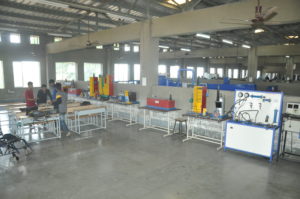 | ||
| 7. | FLUID MECHANICS | Fluid Mechanics – I | SE Civil – III |
| 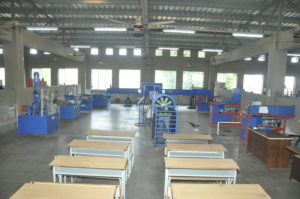 |
| Fluid Mechanics – II | SE Civil – IV |
| 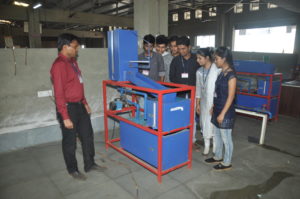 |
Syllabus | Time Table |
Question Papers

